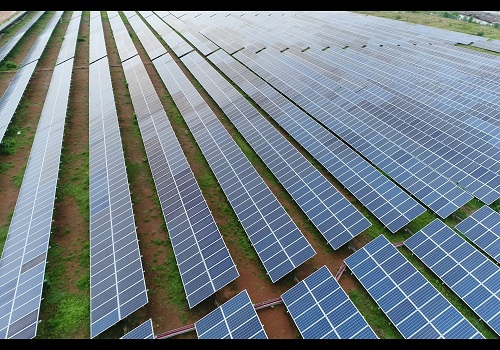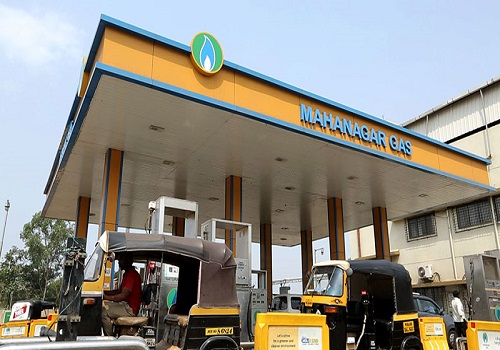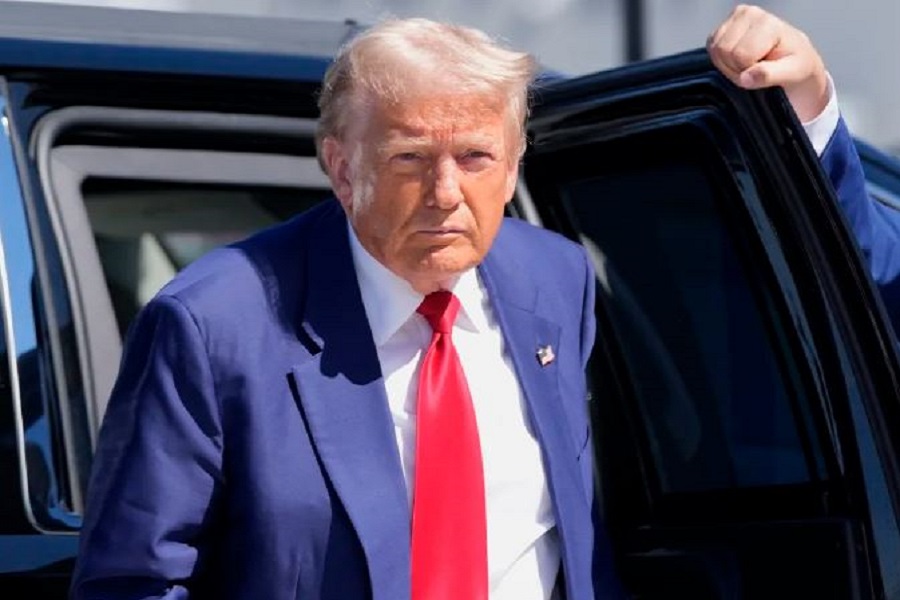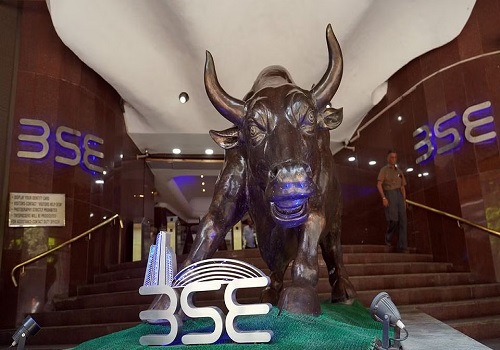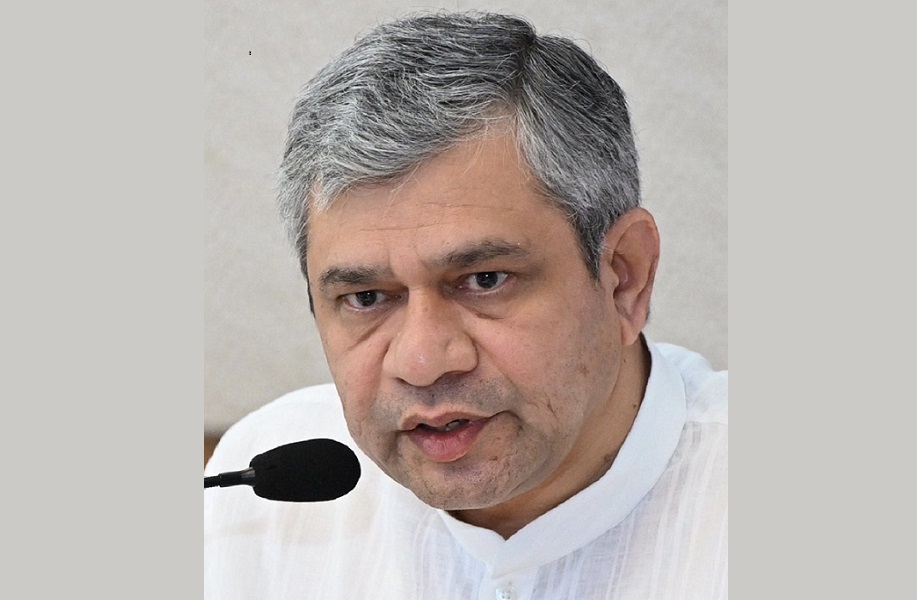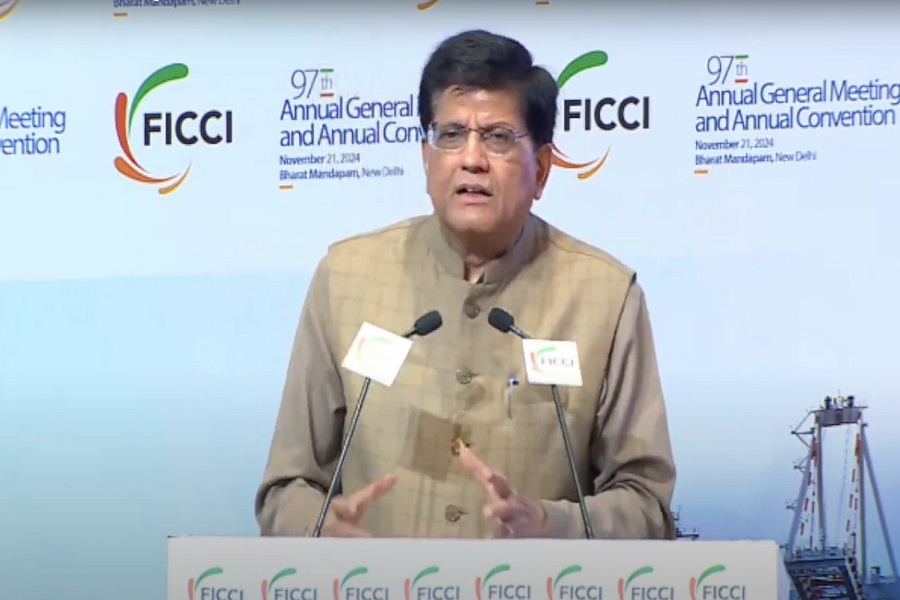Inflation expectations in India may stabilise, edge down going ahead - RBI Bulletin
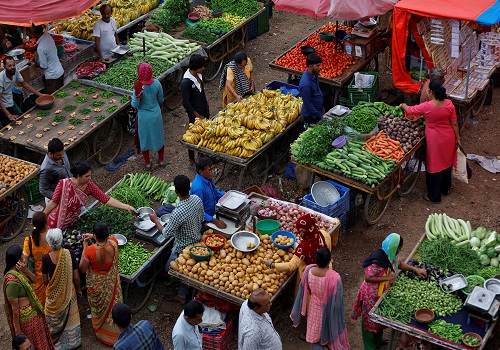
Inflation expectations in India may stabilise and edge down going ahead but renewed pressures from cereals and proteins cannot be ruled out, the Reserve Bank of India said in its February bulletin published on Tuesday.
The country's retail inflation eased to a three-month low of 5.1% in January, from 5.69% in December and 5.55% in November.
Overall inflation developments are turning favourable, providing a stable environment for corporates to plan expansion strategies in anticipation of a pick-up in demand, the RBI wrote in its regular article titled 'State of the Economy'.
"Core inflation is at its lowest since October 2019 and non-food wholesale price inflation remains in deflation. This should augur well for the input cost outlook and selling prices of manufacturing firms."
The RBI said evolving conditions are turning favourable on the agriculture front as well for the next financial year.
The likelihood of the global economy exhibiting stronger-than-expected growth in 2024 has brightened in recent months, with risks broadly balanced, the central bank said.
"The Indian economy continues to sustain the momentum achieved in the first half of 2023-24, going by high-frequency indicators. Expectations of a fresh round of capex by the corporate sector are likely to fuel the next leg of growth."
In a separate article, the RBI said internal simulations showed that the government's debt-to-GDP ratio would swerve below the projected path set out by the International Monetary Fund (IMF) in its latest Article IV consultation report for India.
With the recalibrating expenditures, India's debt-GDP ratio is projected to drop to 73.4% by 2030-31, around 5 percentage points lower than the IMF's projected trajectory of 78.2%, the central bank said.
"It is in this context that we reject the IMF's contention that if historical shocks materialise, India's general government debt would exceed 100% of GDP in the medium-term and hence further fiscal tightening is needed."
